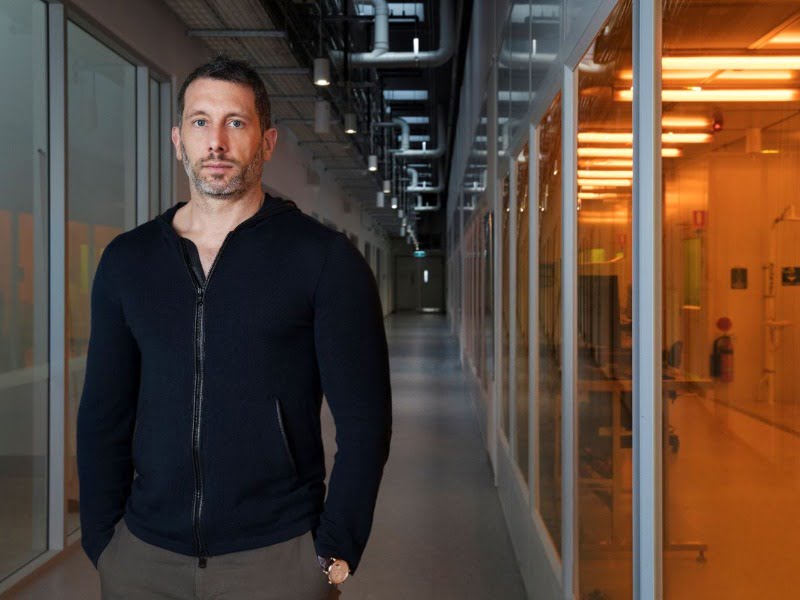Local quantum firm Q-CTRL is developing quantum sensors for Australia and its AUKUS partners in one of the first tests of the defence force’s new approach to capability acquisition and asymmetric advantage.
The Sydney University spinout led by Professor Michael Biercuk has signed a $1 million contract with the Department of Defence to develop sensors that deliver a quantum-assured navigation capability to military platforms.
AUKUS partners the US and UK will also have access to the sensors, which will be developed over the next three years to lessen a reliance on GPS navigation.

The sensors use the quantum physics of atoms to detect motion and small changes in the Earth’s gravitational field to enable navigation over extended periods, according to Q-CTRL, which expanded into a sensing division last year.
“From day one we knew that our specialised expertise in quantum control could unlock totally new applications of quantum technology,” Q-CTRL founder and chief executive Professor Biercuk said.
“We’ve shown we can boost the performance of quantum computers and quantum sensors by orders of magnitude — entirely through software. Now we’re pleased to be applying these capabilities to a critical defense mission for Australia.”
The cutting-edge sensors tick half the boxes of AUKUS Pillar II Advanced Capabilities, including quantum technologies, undersea capabilities, innovation and information sharing.
The three nations agreed to expand the Pillar II technologies in early 2022 and have been trialling the technologies across joint working groups.
Q-CTRL’s new deal — its largest reported contract with the Department of Defence — represents one of the first international partnerships between government and the private sector to apply quantum technology in real defence settings.
It also comes as Australia’s Defence Forces introduce a new approach to capability acquisition that embraces more failure in exchange for speed.
Defence’s Advanced Strategic Capabilities Accelerator (ASCA) launched this month to oversee the new approach when it comes to the most cutting edge technologies.
“Defence recognises that quantum sensing has the potential to fundamentally transform Defence capability,” ASCA’s interim head professor Emily Hilder said.
“Partnerships of this kind demonstrate our capacity to translate innovative concepts into capability, delivered by a world-class Australian deep-tech company.”
Q-CTRL’s new contract supports the first of a “multi-year effort to field-deploy and validate miniaturized systems on defence platforms,” according to the company.
Professor Biercuk is a vocal backer of Australia’s burgeoning quantum industry and has called on the government to offer more investment, including through procurements.
Quantum is estimated to be a $4.6 billion industry in Australia by the end of the next decade. According to Professor Biercuk, quantum is a rare opportunity for Australia to lead the world in a strategically important technology.
Do you know more? Contact James Riley via Email.

